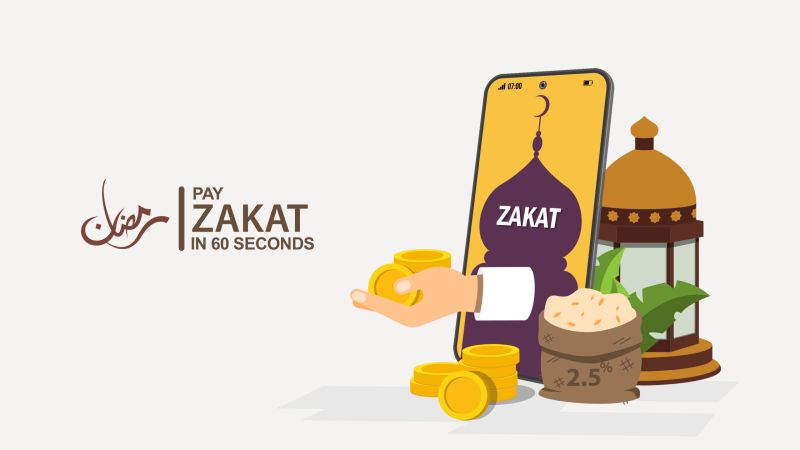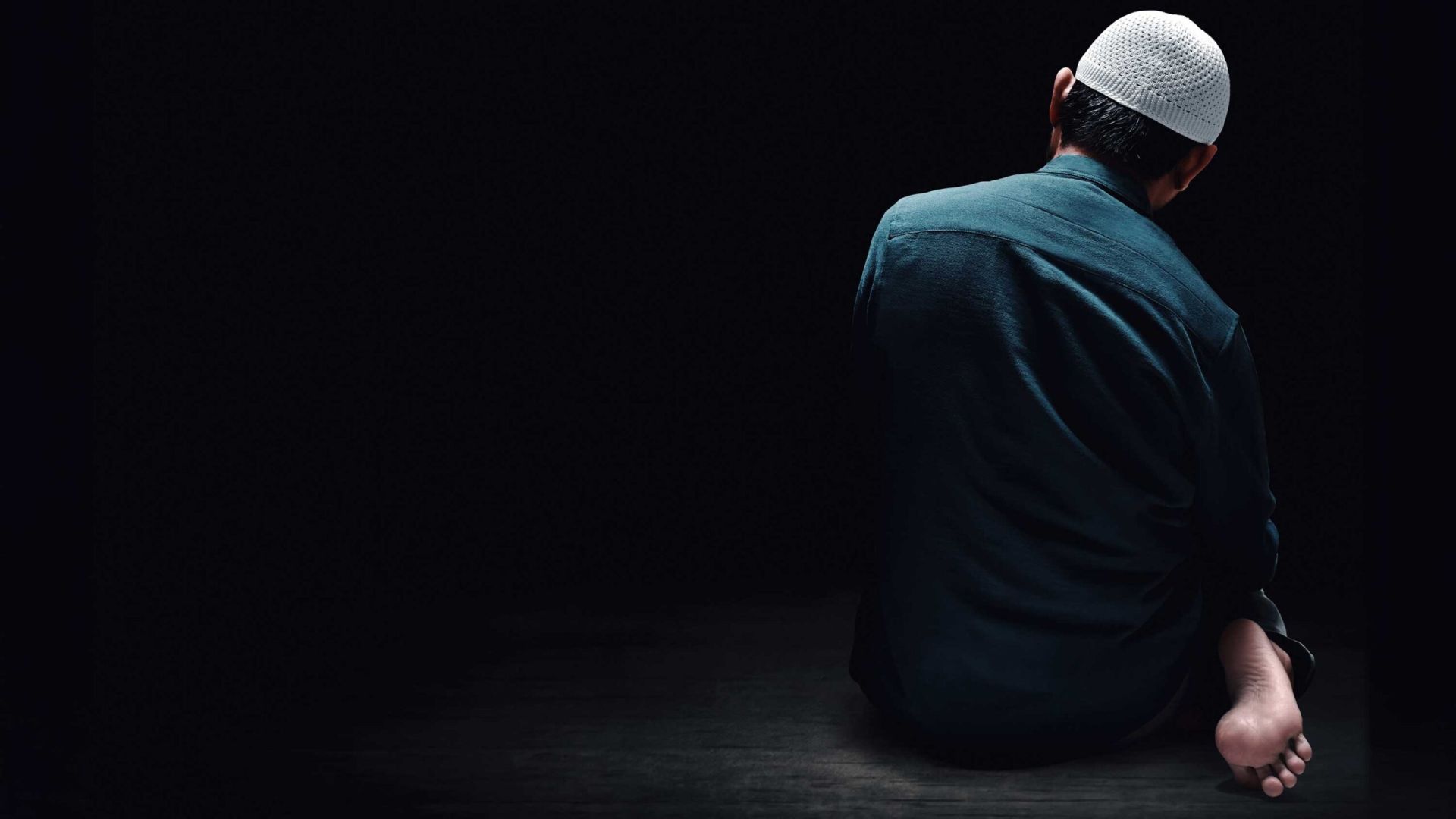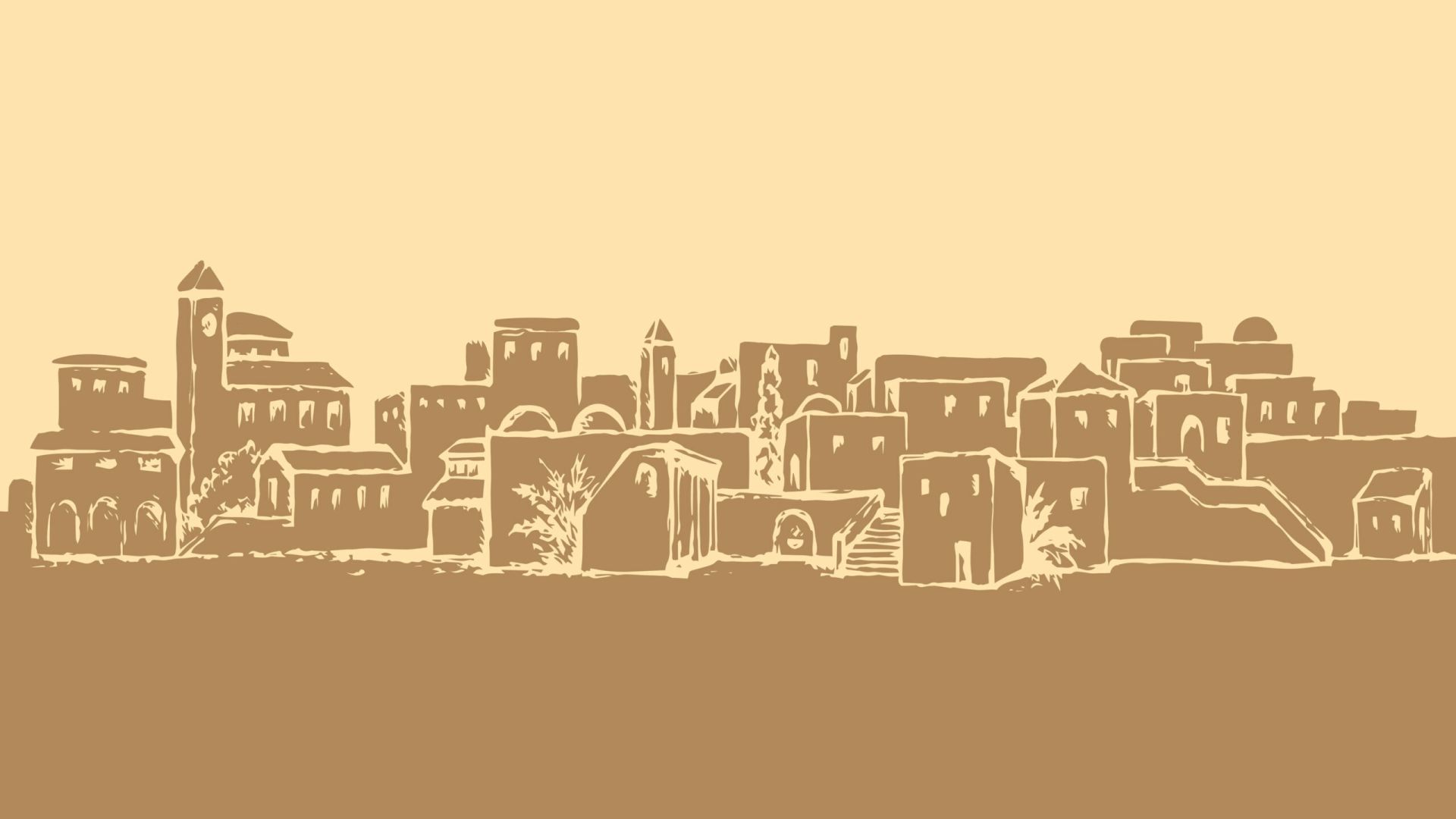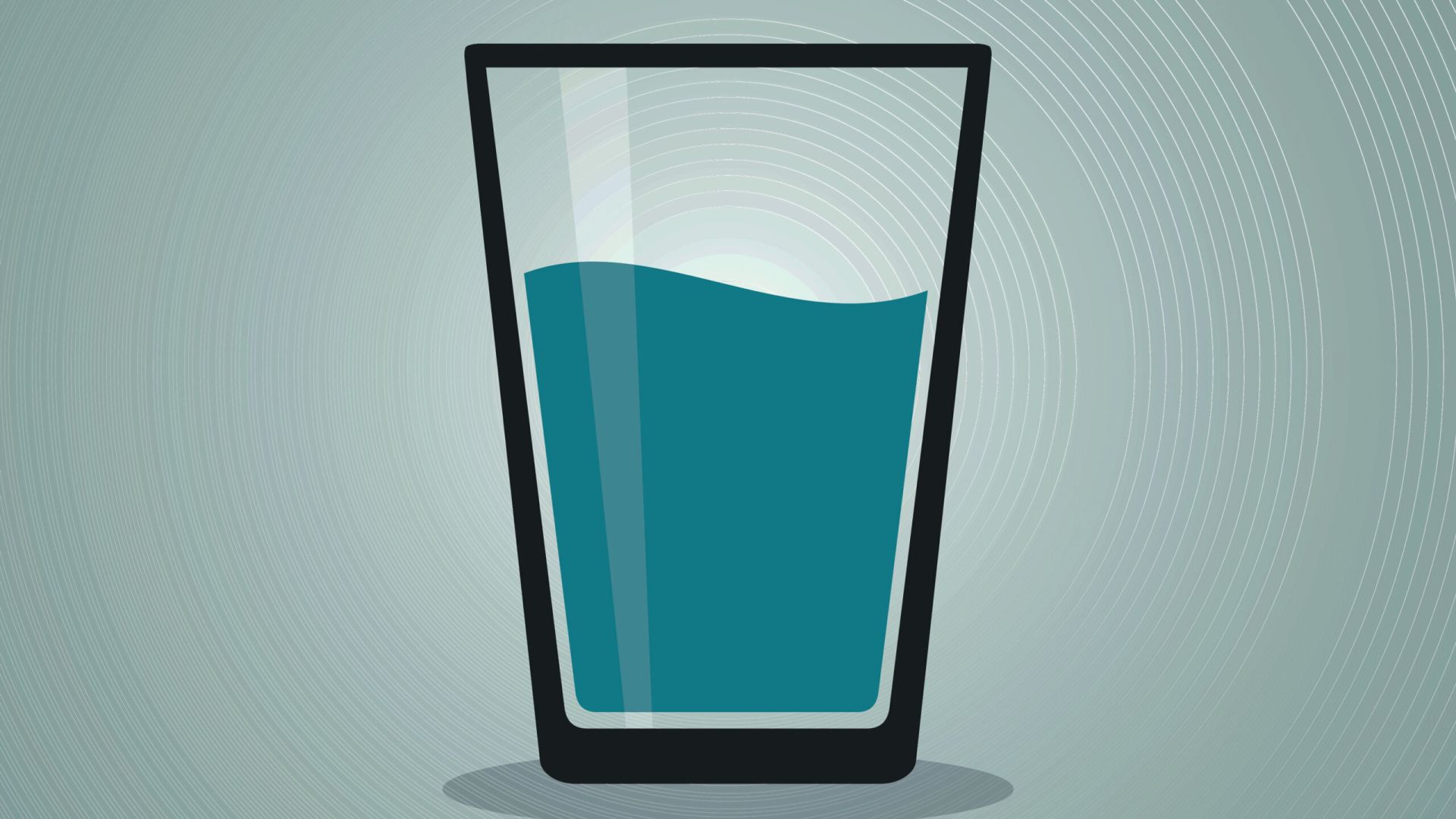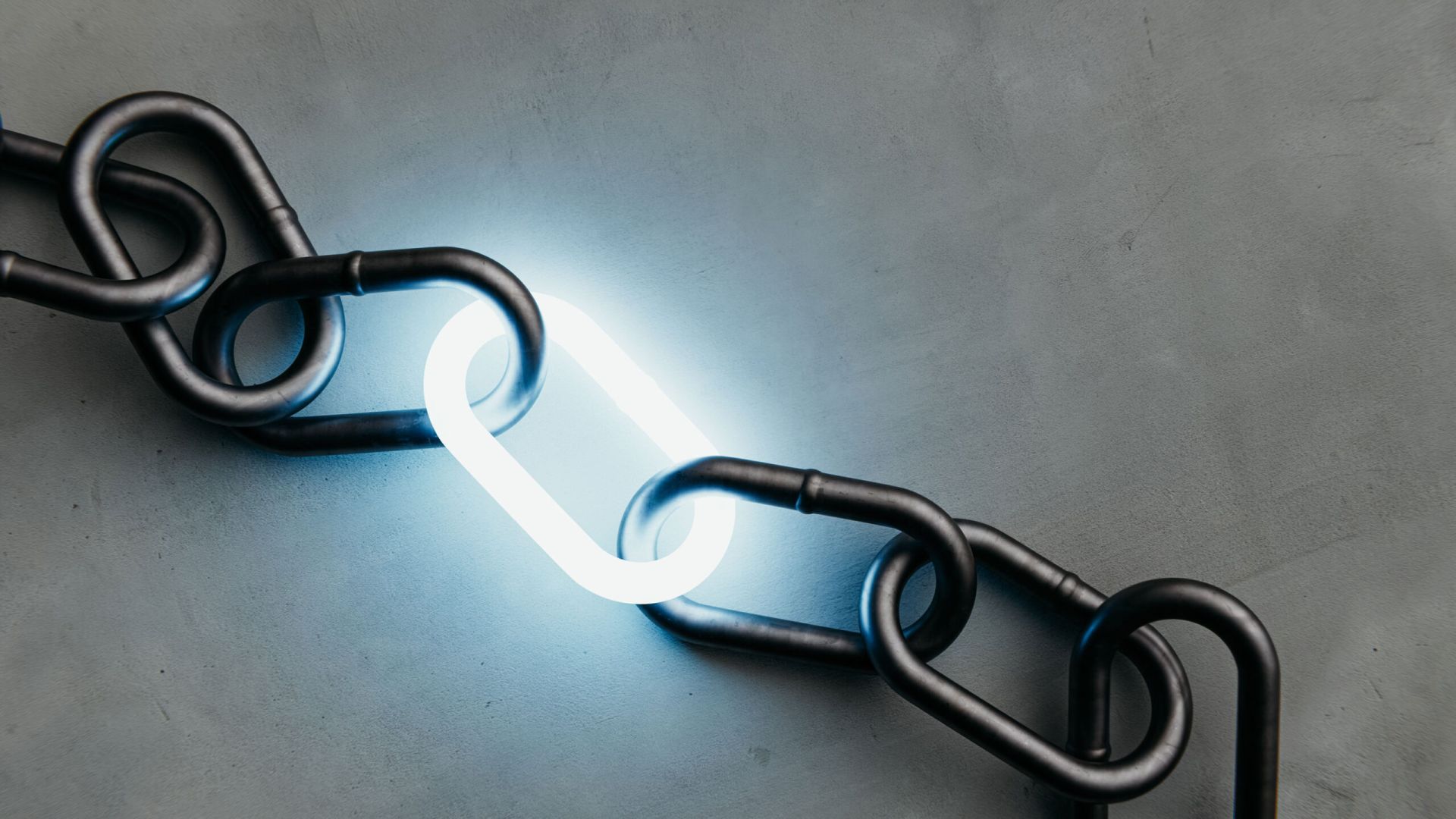The Ruling on Performing Rakʿatayn Before Maghrib
The Permanent Committee for Islamic Research and Fatāwá, Imām ʿAbd al-Raʾūf al-Manāwī, al-ʿAllāmah Muḥammad ibn ʿAlī ibn Ādam al-Ithyūbī, Imām ʿAbd al-Azīz ibn Bāz, Imām Muḥammad Nāṣir al-Dīn al-Albānī
The Ruling on Performing Rakʿatayn Before Maghrib
The Permanent Committee for Islamic Research and Fatāwá, Imām ʿAbd al-Raʾūf al-Manāwī, al-ʿAllāmah Muḥammad ibn ʿAlī ibn Ādam al-Ithyūbī, Imām ʿAbd al-Azīz ibn Bāz, Imām Muḥammad Nāṣir al-Dīn al-Albānī


[Q]: We have heard of two rakʿahs (units of prayer) being performed before Maghrib. Should these rakʿahs be prayed or abandoned? Are they considered from the Sunnah?
[A]: It was authentically confirmed that the Prophet (صلى الله عليه وسلم) said: “Pray two rakʿah before Maghrib, pray two rakʿah before Maghrib, pray two rakʿah before Maghrib”. Then he said “for whomever wills”, such that the people would not surmise its performance Sunnah.1 It was also narrated on the authority of Anas (رضي الله عنه) who said: “When the muʾadhdhin would call the adhān, some of the companions would go with immediacy to the columns of the masjid [to take as sutrah in order to perform these two rakʿah,] to the extent that the Prophet (صلى الله عليه وسلم) would come upon them in that state. They used to pray two rakʿahs before Maghrib even though there was [almost] no time between the adhān and the iqāmah”.2 In Muslim’s narration, he (رضي الله عنه) said: “When we were in Madīnah, if the muʿadhdhin would call the adhān for Ṣalāt al-Maghrib, they [some of the companions] would immediately gather before the columns and pray two rakʿahs. To the extent that a stranger would enter the masjid and surmise that the [congregational] ṣalāh had already been performed due to the great number of people that were performing these two rakʿahs”.3 4
Regarding the aforementioned ḥadīth: “Pray two rakʿahs before Maghrib”, ʿAbd al-Raʾūf al-Manāwī explains:
He (صلى الله عليه وسلم) repeated this command thrice to provide a more extensive confirmation. Then, the third time he issued the command with the caveat “for whomever wills”, disliking that people surmise these two rakʿahs to be obligatory. Al-Qāḍī (Iyāḍ) said: The apparent nature of the command does not indicate obligation but, rather, he intended by this that the performance of these two rakʿahs should be considered supererogatory; the choice to pray them may be returned to every responsible adult Muslim as indicated by his (صلى الله عليه وسلم) attachment of the choice to perform it at one’s free will. This was done out of fear that one may interpret the command at face-value, especially because he (صلى الله عليه وسلم) repeated the order thrice. The word ‘Sunnah’ in Islamic jurisprudence may refer to that which is obligatory as in the statement of the scholars: “Circumcision is from the Sunnah”.
We may understand from this ḥadīth that performing these two rakʿahs before Maghrib is legislated, although its performance should be considered supererogatory according to the most correct view in this matter. They are considered from among the prescribed Sunnah to be performed, but are not among the muʾakad (twelve confirmed, daily Sunnah). They may be likened to praying two rakʿah before ʿIshāʾ, evidenced from the encompassing ḥadīth: “There is ṣalāh between every two calls”5; that is, every adhān and iqāmah.6
Muḥammad ibn ʿAlī ibn Ādam al-Ithyūbī said:
The outcome of discussing this issue has proven that the correct opinion is held by those who claim these two supererogatory rakʿahs before Maghrib are recommended (mustaḥabb) as evidenced by the aforementioned authentic aḥādīth that indicate this quite explicitly. As for the claim that the performance of these two rakʿahs has been abrogated, it is false. Besides this, the dislike for the performance of them that was narrated from some of the pious predecessors may be interpreted as being in relation to these authentic narrations never reaching them, or they interpreted them differently. Despite this, the statement or actions of any person is not itself a valid form of evidence, except that which is attributable to the Messenger of Allāh (صلى الله عليه وسلم), regarding whom Allāh says:
وَاتَّبِعُوهُ لَعَلَّكُمْ تَهْتَدُونَ
“And follow him so that you may be guided.”
(Al-Aʿrāf, 7:158)
وَإِن تُطِيعُوهُ تَهْتَدُوا
“If you obey him, you shall be on the right guidance.”
(Nūr, 24:54)
وَمَا آتَاكُمُ الرَّسُولُ فَخُذُوهُ وَمَا نَهَاكُمْ عَنْهُ فَانتَهُوا
“And whatsoever the Messenger (Muḥammad (صلى الله عليه وسلم)) gives you, take it, and whatsoever he forbids you, abstain (from it)”
(Al-Ḥashr, 59:7)7
Imām ʿAbd al-ʿAziz ibn Bāz said:
These two rakʿahs are confirmed in the Sunnah from his (صلى الله عليه وسلم) statements and from his silent approval of his companions who he (صلى الله عليه وسلم) saw performing them. As for the narrations that allege he (صلى الله عليه وسلم) himself actually performed these two rakʿahs before Maghrib, this is a debatable claim despite the fact that Ibn Ḥibbān graded such aḥādīth authentic.8 9
Imām Muḥammad Nāṣir al-Dīn al-Albānī said:
It is recommended to pray Maghrib as soon as its time begins, before the appearance of the stars in the sky, as evidenced by his (صلى الله عليه وسلم) statement: “My ummah will remain upon goodness—or upon their natural, unchanged disposition from Allāh—as long as they refrain from delaying the performance of Maghrib until the appearance of the stars”.10 This immediacy in no way contradicts the Sunnah of performing two rakʿah before Maghrib as they have been authentically confirmed from his (صلى الله عليه وسلم) statements and silent approval.
[After mentioning the aforementioned narrations and the ḥadīth of Anas], it was then said to Anas (رضي الله عنه): “Did the Prophet (صلى الله عليه وسلم) himself ever pray these two rakʿah before Maghrib?” He (رضي الله عنه) replied: “He used to observe us performing them, but never commanded nor forbade us”.11
As for the solitary narration mentioned by Abū Dāwūd in which Ibn ʿUmar (رضي الله عنهما) was asked concerning these two rakʿahs and replied: “I did not see anyone—during the time of the Messenger of Allāh (صلى الله عليه وسلم)—ever praying them12”, he (رضي الله عنه) here negates their performance. In Islamic jurisprudence, confirmatory narrations are given precedence over negation. Besides this, this narration is incomparable to the aforementioned ones in terms of authenticity. In fact, upon returning to al-Muḥallá, I became acquainted with the statement of Ibn Hazm concerning the ḥadīth of Ibn ʿUmar: “It is not authentic because it was narrated from Abū Shuʿayb or Shuʿayb and we are not aware of who this person is”.13
Endnotes:
[1] Authentic: narrated by al-Bukhārī: 54-5 and Muslim: 838.
[2] Authentic: narrated by al-Bukhārī: 154.
[3] Authentic: narrated by Muslim: 837.
[4] Source: Fatāwá al-Lajnah al-Dāʾimah 7:254-5.
[5] Authentic: narrated by al-Bukhārī: 627 and Muslim: 838.
[6] Source: Fayḍ al-Qadīr 4:202
[7] Source: Dhakhīrat al-ʿUqbá 8:379.
[8] Weak: Ṣaḥīḥ ibn Ḥibbān: 3955. This ḥadīth was graded weak by Shaykh al-Albānī in Silsilah al-Aḥādīth al-Ḍaʿīfah: 5662.
[9] Source: Fatāwá Nūr ʿalá al-Darb 11:25-6.
[10] Authentic by corroboration: narrated by al-Ṭabarānī in al-Kabīr: 4083 and graded authentic by Shaykh al-Albānī in his commentary on al-Tabarānī: 365. See al-Thamar al-Mustaṭāb 1:60.
[11] Authentic: narrated by Muslim: 836.
[12] Weak: narrated by Abū Dāwūd: 202 and graded weak by Shaykh al-Albānī in Ḍaʿīf Abī Dāwūd 2:48.
[13] Source: Jāmiʿ Turāth al-ʿAllāmah al-Albānī 2:193.
Compiled and Translated by: Riyāḍ al-Kanadī
Most Popular: Last 30 Days

Everyone’s Speech Is Subject to Acceptance or Rejection Except the Prophet (ﷺ)

The Beautiful Names of Allāh: How to Practice What They Entail in Our Lives

